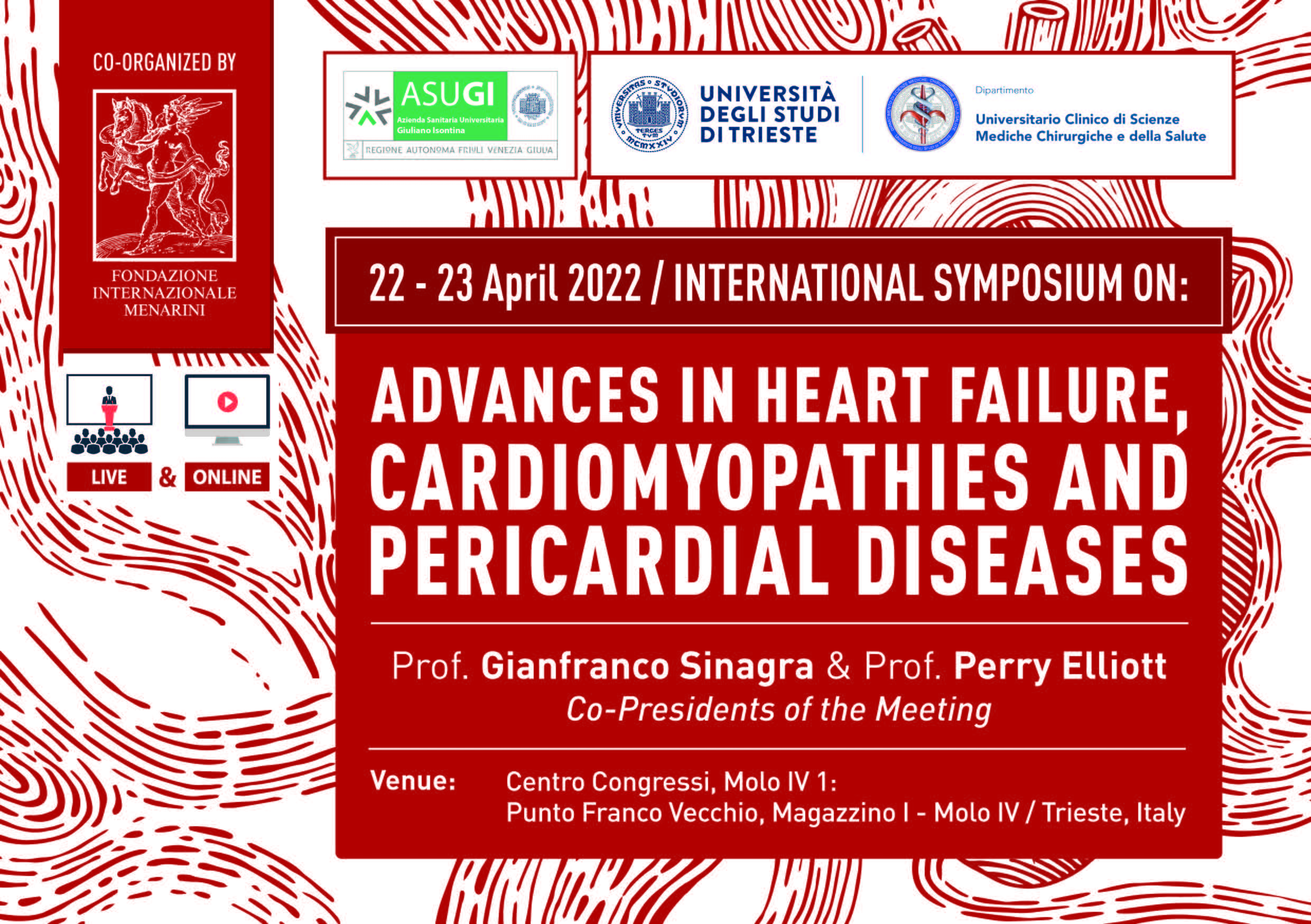
Heart Failure represents a high-prevalence worldwide syndromes, due to the ageing
and the increasing co-morbidity profile of the general population. Several recent
advances in medical and device treatments have been done in the recent years, with
the results of new classes of drugs available in the therapeutic armamentarium of
physicians. Despite those achievements, prognosis of Heart Failure is still poor and
important gaps of knowledge remain to be filled. In this perspective, the complex
road of etiological definition and personalized therapy represent an important
horizon. Myocardial and pericardial diseases are relevant causes of Heart Failure in
which significant advances in terms of survival improvement have been obtained
in the last decades. The characterization of cardiomyopathies, beyond the classical
phenotypic classification, towards a personalized medicine and a targeted therapy
is one of the main reason at the basis of this survival improvement. New techniques,
such as cardiac magnetic resonance and genetic testing, integrated to the classical
clinical, ECG and echocardiographic evaluation are the cornerstones of the modern
management of myocardial and pericardial diseases. The present meeting has been
thought to provide to participants a deep and complete overview of the standard and
emerging diagnostic techniques and therapeutic strategies of Cardiomyopathies and,
more in general, of Heart Failure. The aim of the meeting is to give practical guidelines
for the management of those complex patients and their relatives, dealing important
issues from clinical evaluation to the application of artificial intelligence and to the
latest available therapies, including the future perspectives. For this purpose, the most
important Italian and international researchers and opinion leaders have accepted to
meet together in Trieste, for assessing the state of the art about the comprehensive
clinical management of Heart Failure and Cardiomyopathies patients.
Co-Presidents of the Meeting
Prof. Gianfranco Sinagra & Prof. Perry Elliott